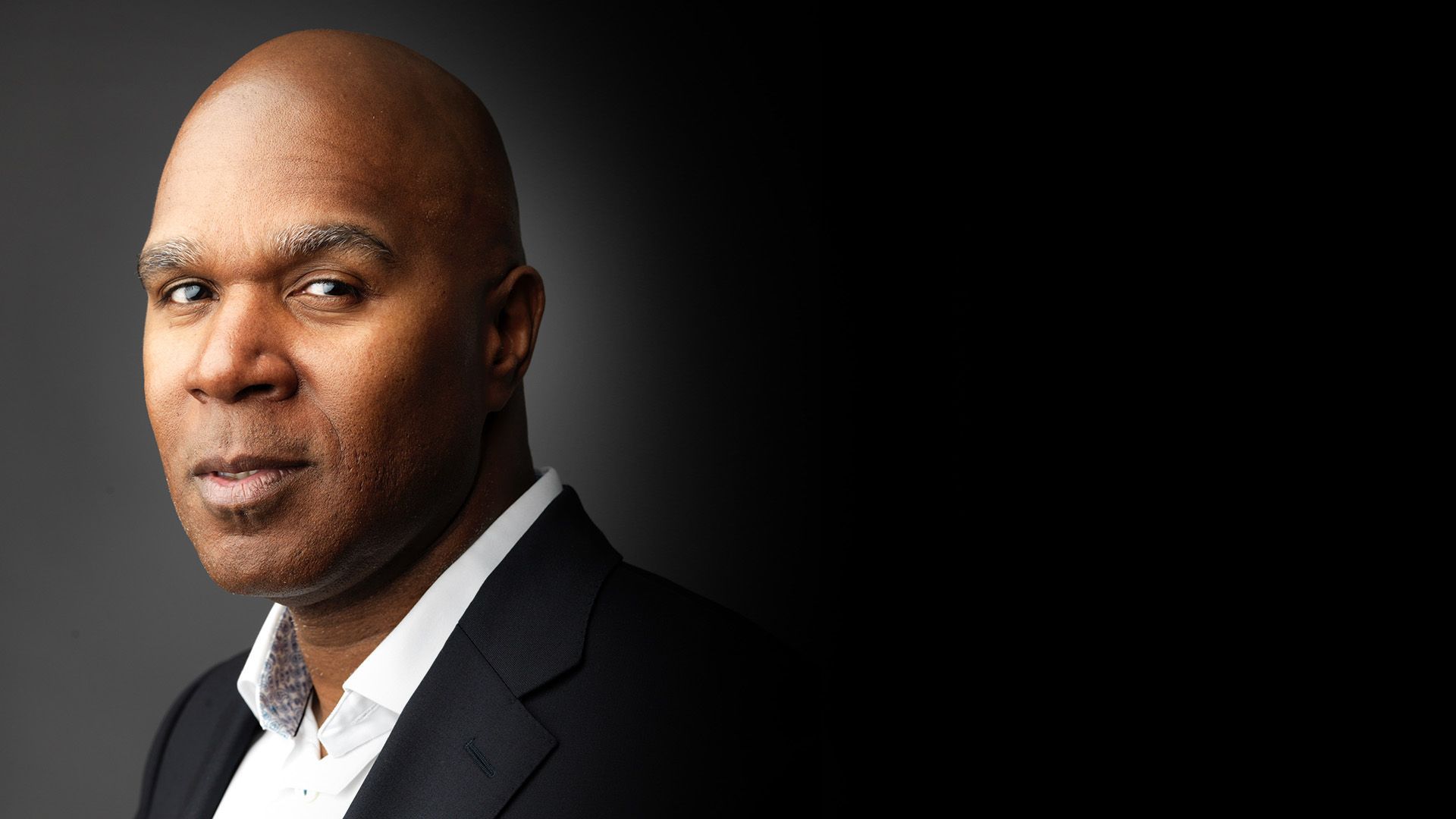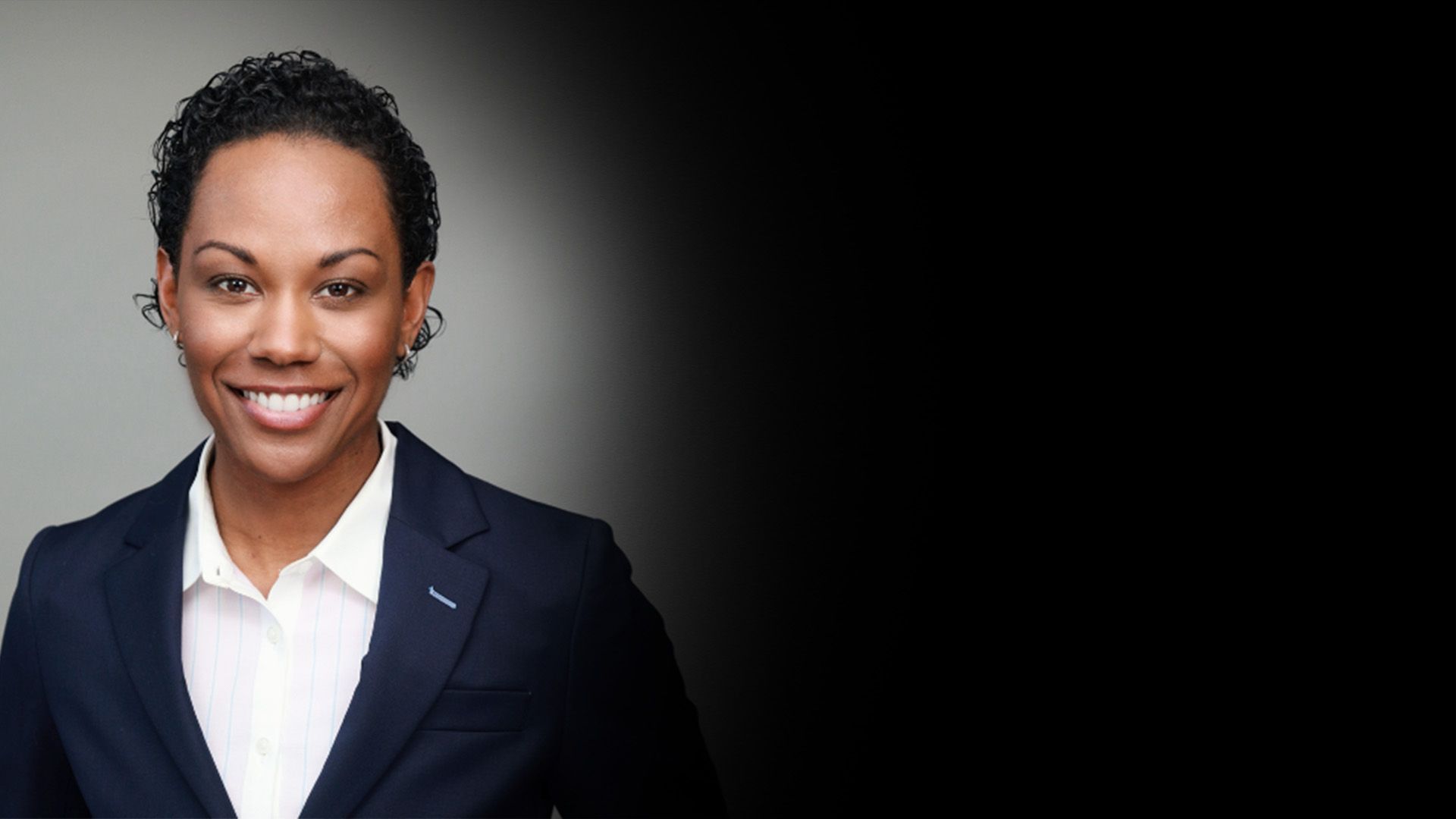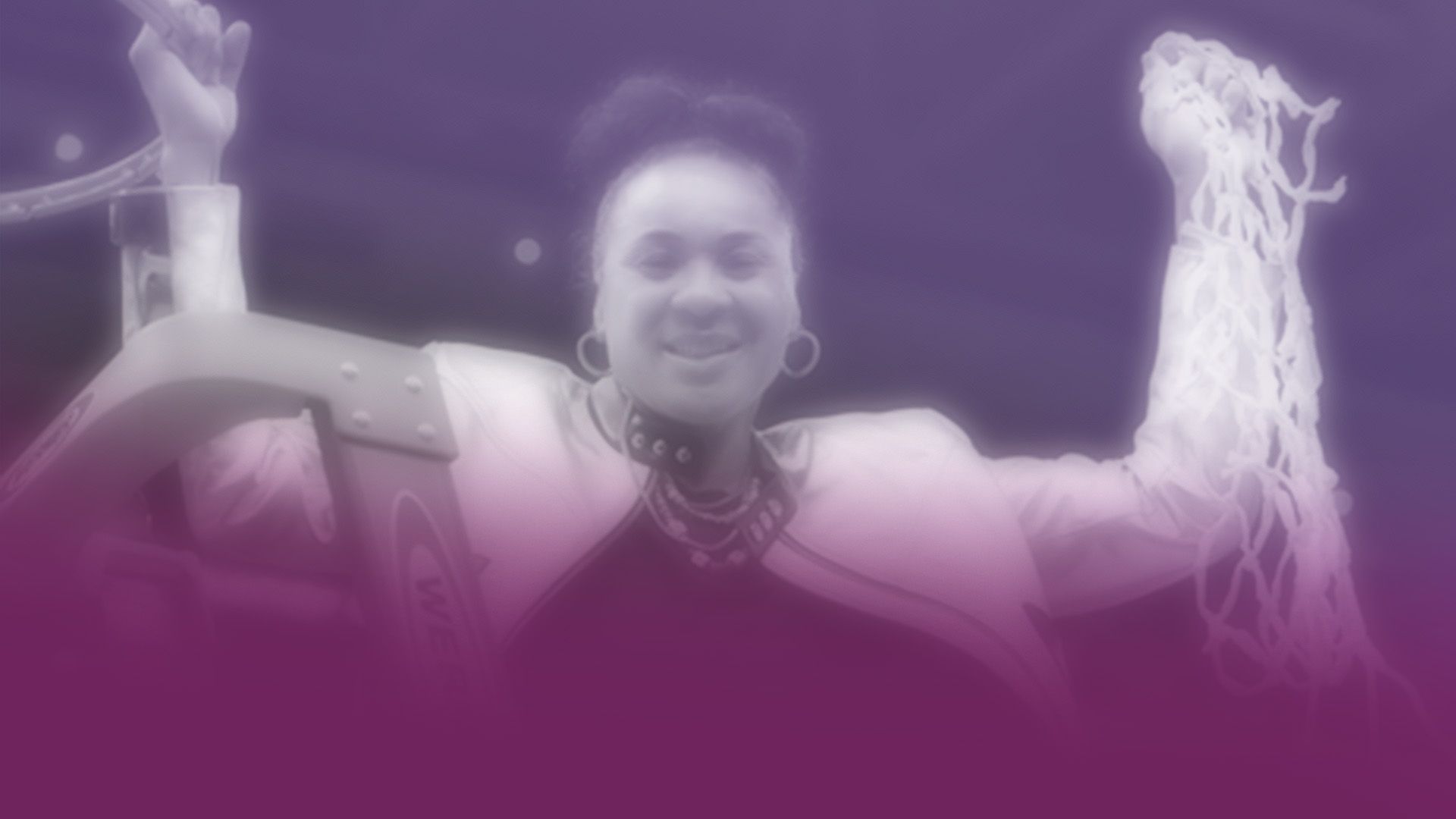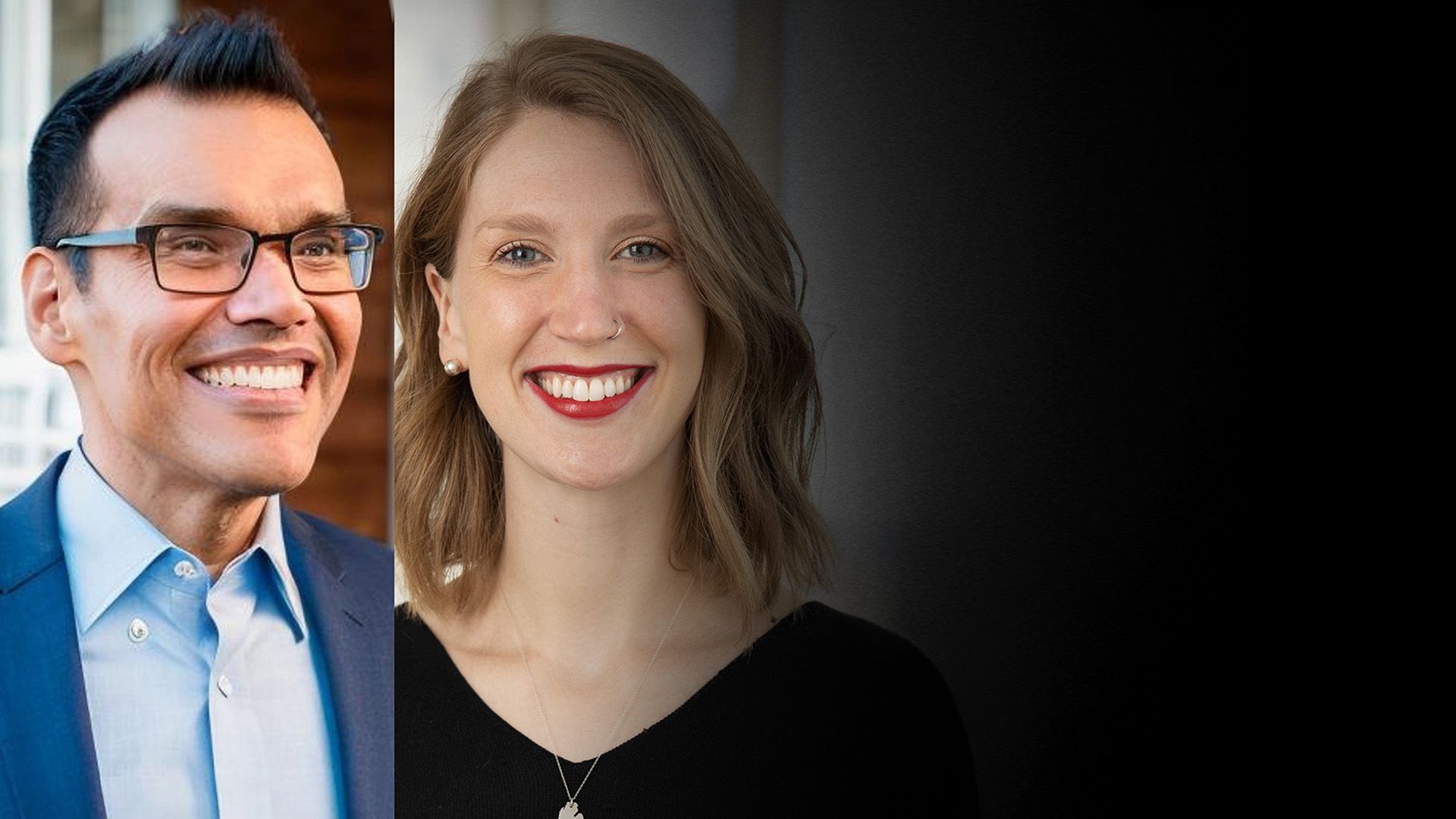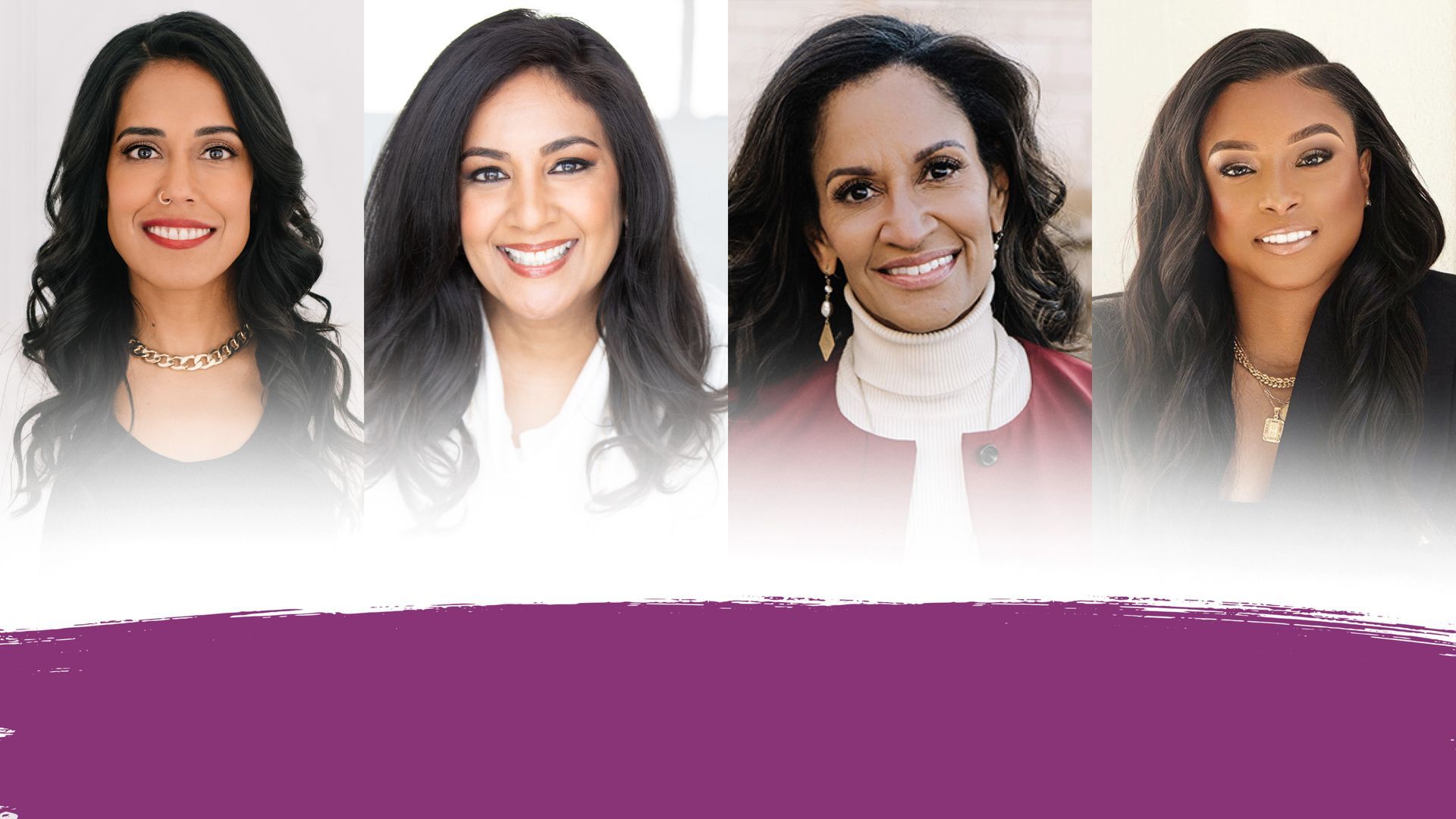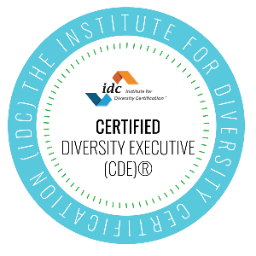The Recipe For Productive And Inclusive Team Talks
Imagine there’s been a disturbance on your team. Something was said or done that caused concern and there’s a need for constructive candor or a delicate topic of discussion must be introduced. It may be appropriate to have a team or even a company-wide talk about the issue to help align everyone or simply provide an outlet to process, gain clarity and support.
In this line of work (DEI), delicate conversations often occur and as such, it is necessary to be intentional about strategies and processes to most effectively manage those discussions for optimum outcomes.
Team talks are a powerful way to have conversations that make a difference. Team talks are designed to be organized, intentional convenings where most if not all of the team gathers to discuss a pressing issue or topic. Team talks seem intuitive. You meet, you talk, you leave with solutions. Problem solved, right? Not quite. A successful team talk is more complicated than that.
There is a recipe that can make your team talk a huge success. The formula I’m going to share with you will ensure everyone in the conversation understands the goals, process, and leaves the meeting with a positive outcome.
Skipping the essential steps of this team talk recipe may cause the meeting to get derailed, have folks leave feeling misunderstood, or risk ending the meeting without a plan for the future.
Set yourself and your team up for success. Here’s the recipe for productive, inclusive team talks.
Step 1: Set Community Agreements
Community agreements are like table manners. They are a set of rules and guidelines that everyone agrees to in order to help the gathering go smoothly. Many people skip this step when planning a team talk and it can cause some folks to feel left out, misunderstood, or silenced during the meeting.
When you’re creating community agreements, ask yourself and others in the room to reflect on these questions:
- How do I want to show up?
- How do I hope others will show up?
- How do we want to work together?
- What agreements do we need to make sure everyone can be heard, listened to, and participatory?
- What can help us get back on track if things go awry?
From there, a slew of ideas from participants may come up. Write them down and distill a few commonly-held community agreements from them.
Some of my favorite agreements are:
- Show respect
- Be engaged
- Maintain confidentiality
- Nothing is off the table
- Bring your authentic self
- Judgement-free zone
- Show gratitude
- Leave assumptions at the door
Once the community agreements are set, reiterate them to the team so everyone is aware of the rules and norms of the team talk.
Step 2: Set the Table with Goals and Roles
Now that your community agreements are in place, you can set the table. This is your time to lay out the goals and objectives for the conversation. Is the goal to solve the issue once and for all? Is it to learn from the mistake and make a plan to ensure it doesn’t happen again? Or is it to hold space for someone who was harmed and allow them to flesh out what occurred?
Helpful questions to ask aloud when creating goals for your team talk include:
- What will we be doing or discussing and why?
- Why are we meeting at this moment?
- What are we hoping to solve?
- What can we do to fix or remedy the issues in this conversation?
Whatever the goals may be, say them aloud. Ask others if there are other goals to consider during the team talk that will make this space meaningful and productive for everyone.
From there, you can set roles for the meeting. Who’s facilitating? Who’s managing the speaking rotation? Who’s the referee if the conversation gets messy or uncomfortable? Who is keeping time to make sure everyone on the team has a fair opportunity to share?
Defining roles allows the talk to go smoothly and holds folks accountable for ensuring the meeting is organized, efficient, and respectful.
Step 3: Take a Bite of Your Table Topics
It’s time to take a bite of the juicy topic(s) everyone came for. Begin with introductions. Perhaps allow the person whose idea it was to bring the topic to the table to speak first.
Why was this issue so important to bring up to the entire team? Why is it important to dig deep and work on a resolution? What will discussing this topic mean to the team’s inclusivity, diversity, and equity efforts? The facilitator should make space for multiple perspectives on this topic and encourage conversation that promotes understanding and empathy.
Be prepared for tangents to come up. The facilitator should artfully guide the conversation to support flow and efficiency. There’s a way to move conversations along without cutting anyone off or moving too quickly. As new topics arise, how can we include them, table them, or resolve them?
Some key questions the facilitator can ask to keep the conversation going include:
- What did you learn from this topic?
- What surprised you?
- What excites you? Confuses you? Scares you?
- What resonated with you?
Step 4: Have Dessert with Takeaways and Calls to Action
When topic(s) have been discussed, respectful conversation has been had, and people are seeing the light at the end of the tunnel, what takeaways can the facilitator encourage at the end?
In other words, what’s the dessert? What call-to-actions, commitments, or outros can bring closure to the conversation? Will an apology bring closure? Will a commitment to build a new task force to address issues like this in the future be helpful? Will affirming the bravery of the person(s) harmed by the issue be a good way of closing the conversation?
Some key questions the facilitator can ask to help close out the discussion include:
- What changes would you like to see?
- What resources do you need?
- What can we do to support you?
- How do you hope this issue will change in the future?
However you do it, make sure the closure feels good. People feel assured by action items and next steps especially after tough conversations. Leaving topics unresolved or without action plans can create an adverse effect. It can make the meeting seem unproductive and a waste of time. The talk should end with something that feels useful and productive for the participants. Ending on a high note with action steps and outcomes can encourage more participation at future team talks.
Step 5: Clean Up The Mess
The conversation went well, the topics were nourishing, and the dessert was satisfying. Now, it’s time to clean up. This is the final step in your table talk recipe and one of the most important. It allows the facilitator and the team to do one final sweep if the conversation got messy, emotional, or issues were left undone.
If things became messy, here are a few things the facilitator and participants can do:
- Appreciate and acknowledge people for sharing
- Refer back to the community agreements to ground the group
- Pause and allow space for silence or encourage a break
- Agree to follow-up about a topic, concern, or question after the session
- Share upcoming opportunities that can provide hope and optimism
- Create a positive feedback loop
After each session, whether you’re facilitating or not, be sure to thank everyone for sharing. It’s challenging to be vulnerable and openly discuss difficult topics. By offering words of affirmation to those who participated in courageous conversations, can help fuel productive team talks into the future. Expressing gratitude and thanking colleagues builds community, trust, and compassion.
Final thoughts
The recipe for team talks may seem like a big process but it’s an intentional strategy to build a stronger, more resilient team. Engaging in meaningful conversations, even on difficult topics, is an essential part of a thriving team ecosystem. The more intentional you can be in a team talk, the better it is for the company as a whole. Practice each of these steps in sequential order and be amazed at how much more productive, inclusive, and powerful your team dialogues become.
